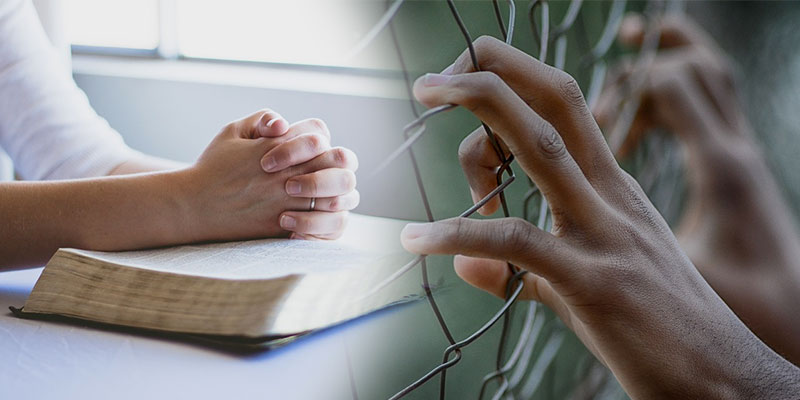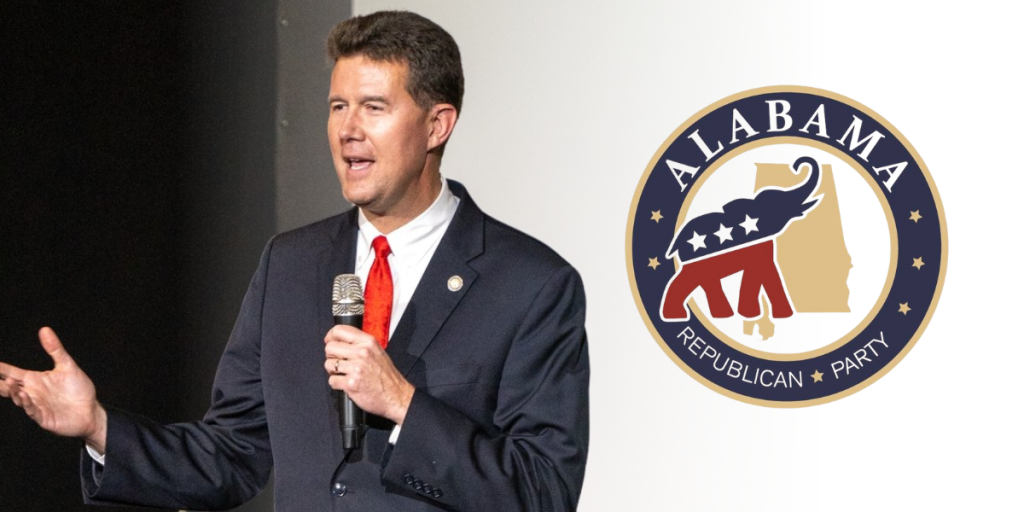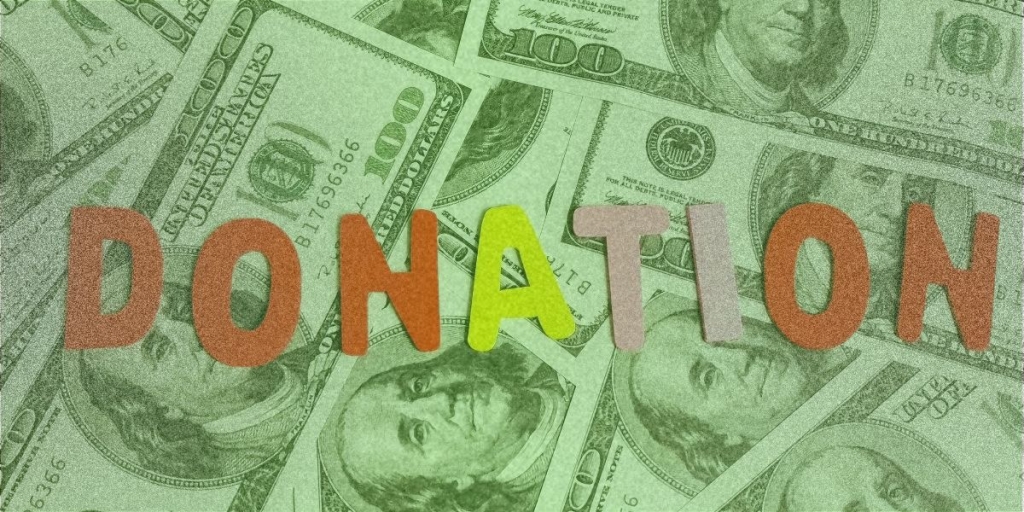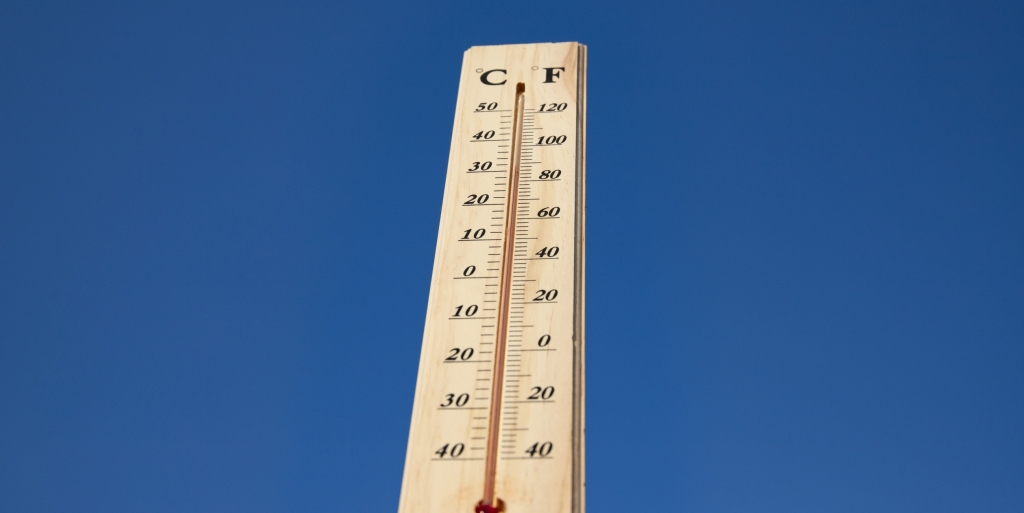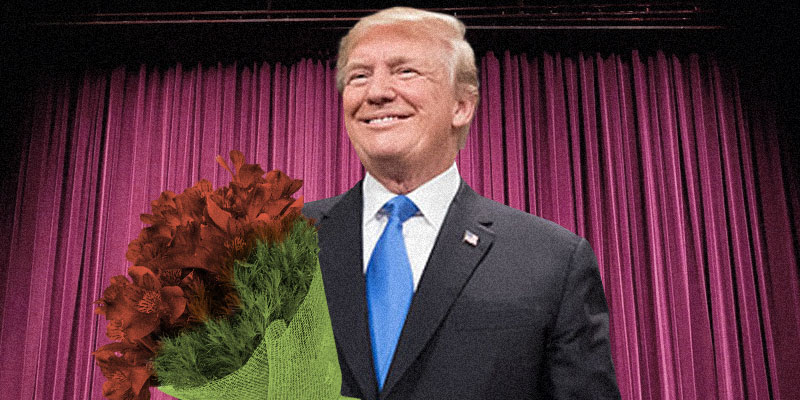Weeks before President Trump is expected to meet with Kim Jong Un, a State Department report issued Tuesday painted a grim picture of religious freedom abuses at the hands of the Stalinist regime – including “executions, torture, beatings, and arrests” of people of faith.
The report said that some of the up to 120,000 North Koreans being held in prison camps “under horrific conditions” were incarcerated for religious reasons.
It cited North Korean defectors and international non-governmental organizations as reporting that “any religious activities conducted outside of those that were state-sanctioned, including praying, singing hymns, and reading the Bible, could lead to severe punishment, including imprisonment in political prison camps.”
A South Korean NGO had recorded 1,304 cases of religious freedom violations carried out by North Korean authorities during the year in review, including 119 killings and 87 disappearances. Detentions accounted for another 770 of the incidents.
“Religious and human rights groups outside the country continued to provide numerous reports that members of underground churches were arrested, beaten, tortured, and killed because of their religious beliefs.”
“The government continued to deal harshly with those who engaged in almost any religious practices through executions, torture, beatings, and arrests,” the report said. “An estimated 80,000 to 120,000 political prisoners, some imprisoned for religious reasons, were believed to be held in the political prison camp system in remote areas under horrific conditions.”
It cited a religious freedom advocacy group, Christian Solidarity Worldwide, as saying the regime often applies a policy of “guilt by association,” targeting not just Christians but detaining their relatives as well, irrespective of their own beliefs.
The envisaged Trump-Kim summit in Singapore is focused on the crisis over North Korea’s nuclear weapons programs and related security concerns. But rights campaigners are urging the president to put human rights on the agenda too.
Releasing the international religious freedom report at the State Department, ambassador-at-large for international religious freedom Sam Brownback was asked whether human rights abuses should “be a topic of conversation with the North Koreans.”
He said that in a sense the topic has already been raised, pointing to the recent release by North Korea of three imprisoned Americans, after a visit to Pyongyang by Secretary of State Mike Pompeo.
“The president is right on point on North Korea. He’s very engaged on this, as you know. The Secretary is very engaged on this. And I think they’re raising all of these issues,” he said.
Brownback said North Korea’s infamous “gulag” system has been operating for many years.
“We know it’s very difficult and desperate, and particularly for people of faith,” he said.
Asked again whether the rights situation should be linked to any overall move to normalize U.S.-North Korean relations, Brownback deferred to Trump who, he said, was “doing an outstanding job on this, of elevating and dealing with the issue.”
Brownback recalled that during his days in the Senate – he was a Republican senator from Kansas from 1996-2011 before serving as governor of Kansas – he raised concerns about North Korea, “but you couldn’t get anybody to act.”
“Well, this president is acting and he’s taking this issue on, even though it’s threatened us for years, if not decades.”
‘Cruel dictatorship’
Pompeo will hold preparatory talks in New York this week with Kim Jong Un’s right-hand man, Kim Yong Chol, a hardline general sanctioned by the U.S. and South Korea for terrorism and other provocative actions.
Asked Tuesday whether human rights abuses would be raised with the North Koreans, State Department spokeswoman Heather Nauert said, “We have a lot of very important matters to discuss with the government of North Korea, chiefly the denuclearization of the Korean peninsula. Beyond that, I’m not going to get into any of the specifics.”
Nauert said in response to a further question that she was not saying that the topic of human rights would be included, and neither was she saying that the issue would not be included.
“We’re just not going to get ahead of the Secretary’s meetings that start this week.”
North Korea has long topped governmental and NGO lists of the worst violators of religious and other basic freedoms.
In his State of the Union address last January Trump highlighted rights abuses by the “depraved” regime, and declared that “no regime has oppressed its own citizens more totally or brutally than the cruel dictatorship in North Korea.”
The regime has been at the top of Open Doors USA’s annual world watch list – which ranks the “countries where it is most dangerous to follow Jesus” – every year since 2002.
When a major U.N. commission on inquiry report on North Korea was presented to the world body’s Human Rights Council in Geneva in 2014, its chairman remarked that the atrocities committed by the Kim regime were “without parallel in the modern world.”
Earlier this month a dozen international human rights groups appealed to Trump in a letter to “include human rights issues in all discussions with the DPRK including in the summit agenda.”
“As you described during the SOTU address, any discussion about the nuclear threat North Korea poses cannot be separated from how the DPRK treats its own people,” the signatories wrote.
It called on Trump to urge North Korea, among other things, to open its prisons and forced labor camps to international observers, and to release those being detained for activities which under international law should not be criminalized, such as exercising rights to freedom of speech and religion.
Pyongyang is sensitive to human rights criticism, and after the release last month of another annual State Department report – on human rights around the world – regime mouthpieces published commentaries calling U.S. criticism “an unacceptable challenge to our dignity.”
“Our people enjoy true human rights and enjoy a rewarding life,” said one, while another described North Korea as “the most advantageous and dignified cradle of genuine life of working people in the world.”




